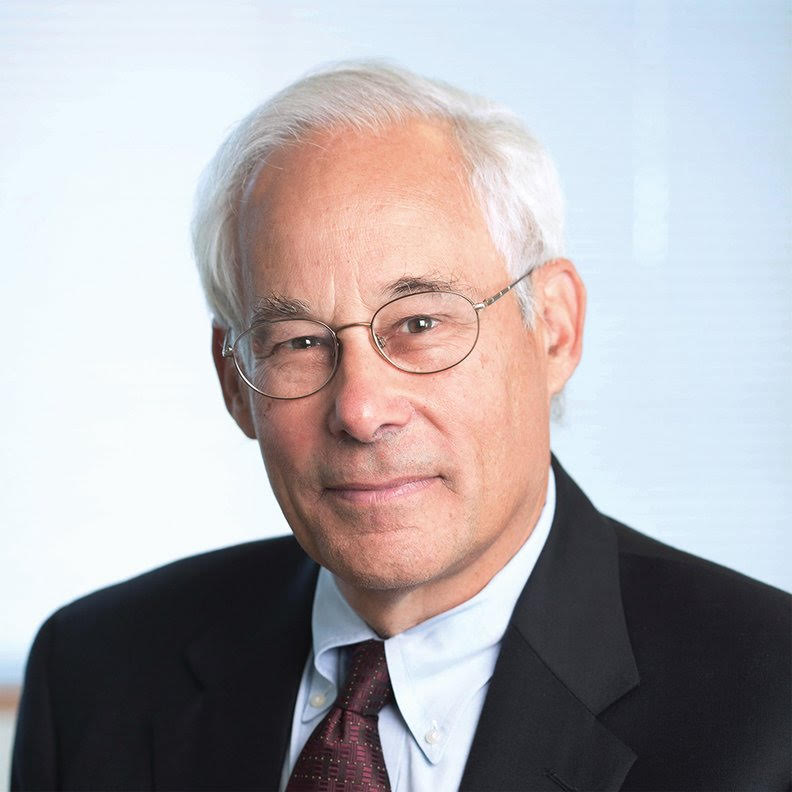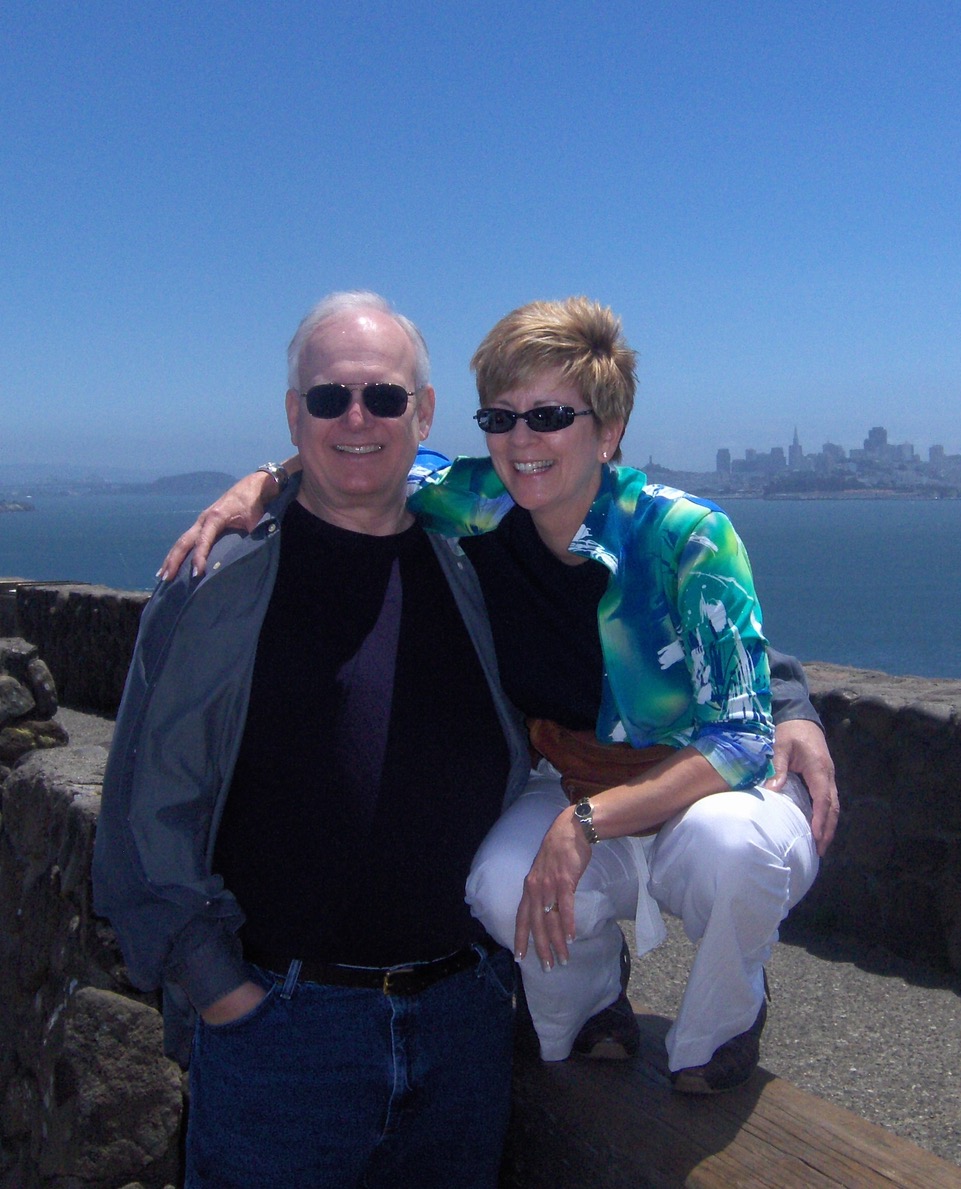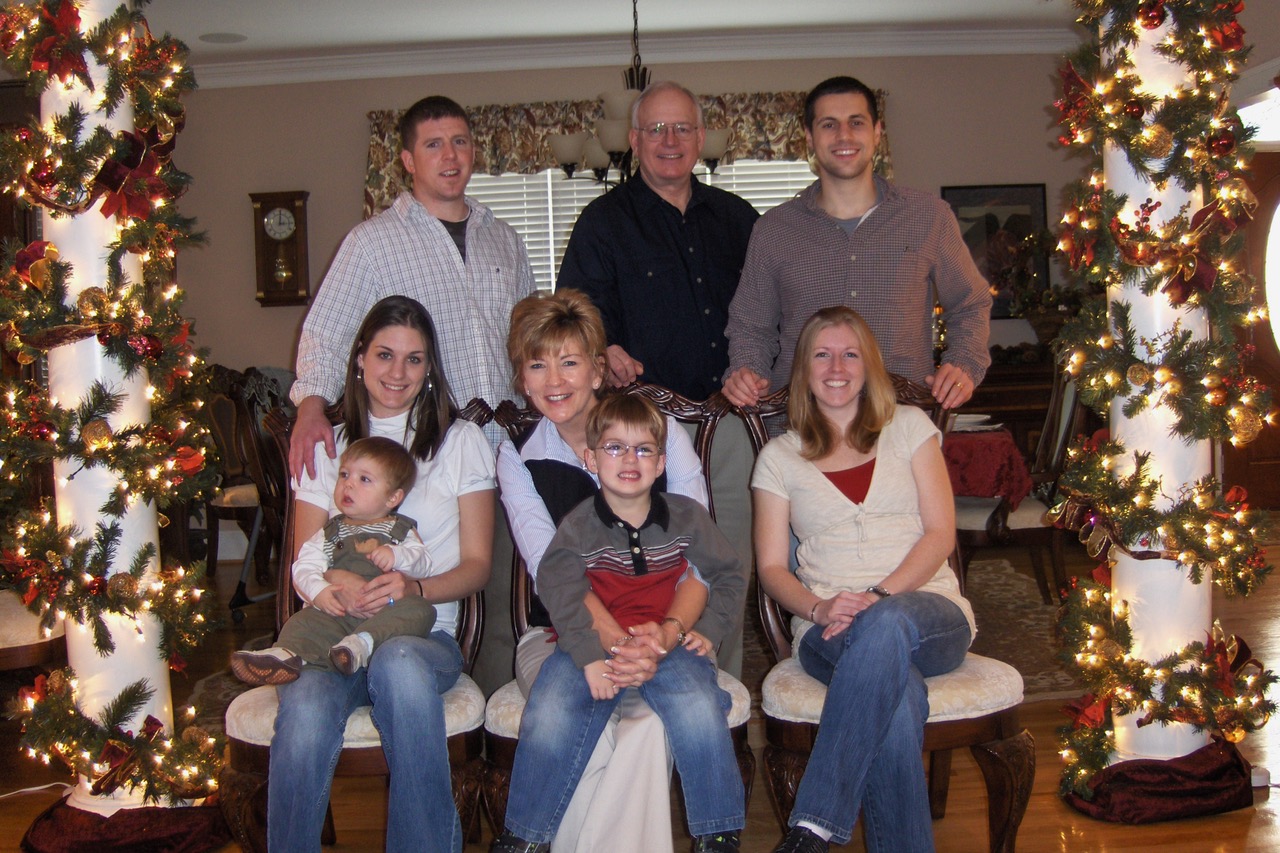Parrott Lecture brings former CMS administrator, health care improvement scholar Don Berwick to VCU
Obama-era Medicare/Medicaid chief, Harvard Medical faculty member, will share importance of aims, quality improvement, and examples of community cooperation at March 21 lecture
U.S. and global health care in 2024 is a “citizen in a complex of causes of human suffering” that must be mitigated.
 “The problems we’re facing in health care have become even more complex than ever before,” adds Donald M. Berwick, M.D., a longstanding member of the Harvard Medical School faculty and former administrator of the Centers for Medicare and Medicaid Services appointed by President Barack Obama. “Health care leaders must understand that they are part of something larger than themselves. If you are going to help — not just with health care delivery, but with the creation of health — the to-do list is longer than you might have thought.”
“The problems we’re facing in health care have become even more complex than ever before,” adds Donald M. Berwick, M.D., a longstanding member of the Harvard Medical School faculty and former administrator of the Centers for Medicare and Medicaid Services appointed by President Barack Obama. “Health care leaders must understand that they are part of something larger than themselves. If you are going to help — not just with health care delivery, but with the creation of health — the to-do list is longer than you might have thought.”
Berwick has been lauded as a visionary in his 40-year quest for health care improvement and patient safety. That journey brings him to the VCU College of Health Professions on March 21 as part of the Jim and Sally Warden Parrott Lecture Series, where his comments to VCU Health Administration students and faculty are expected to center on the need for better integration, cooperation and interaction with communities to improve health care’s myriad challenges.
“In times when human beings do come together and act in very cooperative ways, you get great results,” says Berwick, who holds a master’s degree in public health from Harvard and is president emeritus and senior fellow at the Institute for Healthcare Improvement, which he founded. “When we fragment and treat each other as enemies, or create walls, we get much poorer results. I want to help people understand the significance of cooperation as the hallmark of great leadership today.”
Berwick will be the first lecturer since 2019 as part of the series. The endowed lecture is named in honor of Jim Parrott, the former chief of Virginia Premier (a health plan and Medicare/Medicaid managed care organization once managed by VCU Health, now part of Sentara Healthcare). He died unexpectedly of a heart attack in September 2015 and was one of those responsible for Virginia Premier moving into managed care for Medicaid, the federal program serving low-income and disadvantaged populations.
 Jim and Sally Warden Parrott.
Jim and Sally Warden Parrott.“This is a way to remember Jim for the thing he was committed to in his career, which was serving the underserved,” says Sally Parrott, Jim’s wife of nearly 30 years who created the endowment with Virginia Premier. “Medicaid reaches beyond a lot of barriers: People who are disadvantaged due to a number of factors, like income, race, disability, language barriers, people out in rural areas. Really anyone who does not have access or has difficulty acquiring health care. Jim was able to provide services for people who really needed them, and he was proud of that.”
Parrott said she always wants the endowed lectures to deliver a powerful message to those in the room, and give students and faculty insights they didn’t have before they attended. “This isn’t just an event where we go through the motions to honor Jim,” she said. “Every lecture we have had, and Dr. Berwick will certainly be no different, has been about education and providing eye-opening takeaways about health care.”
Berwick was tapped for the lecture series through his connection to Marilyn B. Tavenner, who succeeded him after his resignation from CMS in 2011. Tavenner earned her nursing degree and master’s in health administration from VCU.
The Institute for Healthcare Improvement is a private, non-profit organization started by Berwick in 1991 to improve health care worldwide by providing tools and resources to partner organizations through training sessions, conferences and advisory services.
His guidance to future health care leaders is to find an aim: “You’re only going to improve what you intend to improve,” he said. So if a leader’s focus is revenue and profit, their behaviors and actions will differ from a leader whose aim is to provide safe and effective care or improve the health of populations.
But it is “a luxury we don’t have” for effective health care administrators to dismiss factors such as equity, climate change, quality and other determinants of health. “That would mean you're not working on health and health generation, because if you read the literature and understand what generates health, it's not just what you do in the four walls of a hospital.”
Berwick preaches quality improvement methods, and has for over 40 years. “When you use the methods of continuous improvement, you actually work on systematic change with your workforce, you get much better results,” he said.
He is also an advocate for health systems to cooperate with the broader community — partnering with organizations and regional leaders to improve care delivery, promote equity, manage disease and optimize resources. He cites as an example of such successful cooperation and integration in the country of Qatar, which faced both the pandemic and 2022 World Cup. The country’s actions and partnerships across health care, government and the private sector during the pandemic resulted in one of the lowest mortality and infection rates of any other nation.
Qatar implemented a comprehensive set of measures to prevent the spread, including international travel restrictions, school closures with a shift to online learning, and isolation of high-risk areas. Its tech community developed a contact-tracing app made mandatory for all citizens and expats. They expanded texting capacity to early identify and isolate infected people, ramped up telehealth and heavily promoted prevention and vaccination.
Its aggressive measures were extended to the 2022 World Cup, where the country of 2.9 million people saw an additional 1.2 million visitors. In both pandemic and soccer tournament, “what the country built was a highly organized, tiered emergency response system that involved everyone. There was no one left out,” Berwick said. “Everyone was involved. Everyone was part of the answer. And their ability to mobilize is really quite stunning.”
Berwick has received numerous accolades for his contributions. In 2005, he was appointed "Honorary Knight Commander of the British Empire" by Her Majesty Queen Elizabeth II in recognition of his work with the British National Health Service. He is an author or co-author on over 160 scientific articles and six books and lectures in the Department of Health Care Policy at Harvard Medical School.
For Sally Parrott, the past nine years have been “very transformational.” She moved from Richmond to Denver, and lives near her two adult children and grandchildren. “It was a clean start. It was tough. But after two or three years and developing a social network, I started getting better,” she said. She can look at pictures of Jim and reminisce or laugh instead of cry. “I actually am in a relationship now. It took me six years to even consider that.”
And although she’s retired from a career in business analytics, that hasn’t stopped the grandmother of five from continuing to learn: “I’m getting my Ph.D. in grandchildren,” she laughs. “They really are the focus of my life. I feel very fortunate.”

Jim and Sally with their children and grandchildren, circa 2008. Sally’s family has since expanded to five grandchildren.